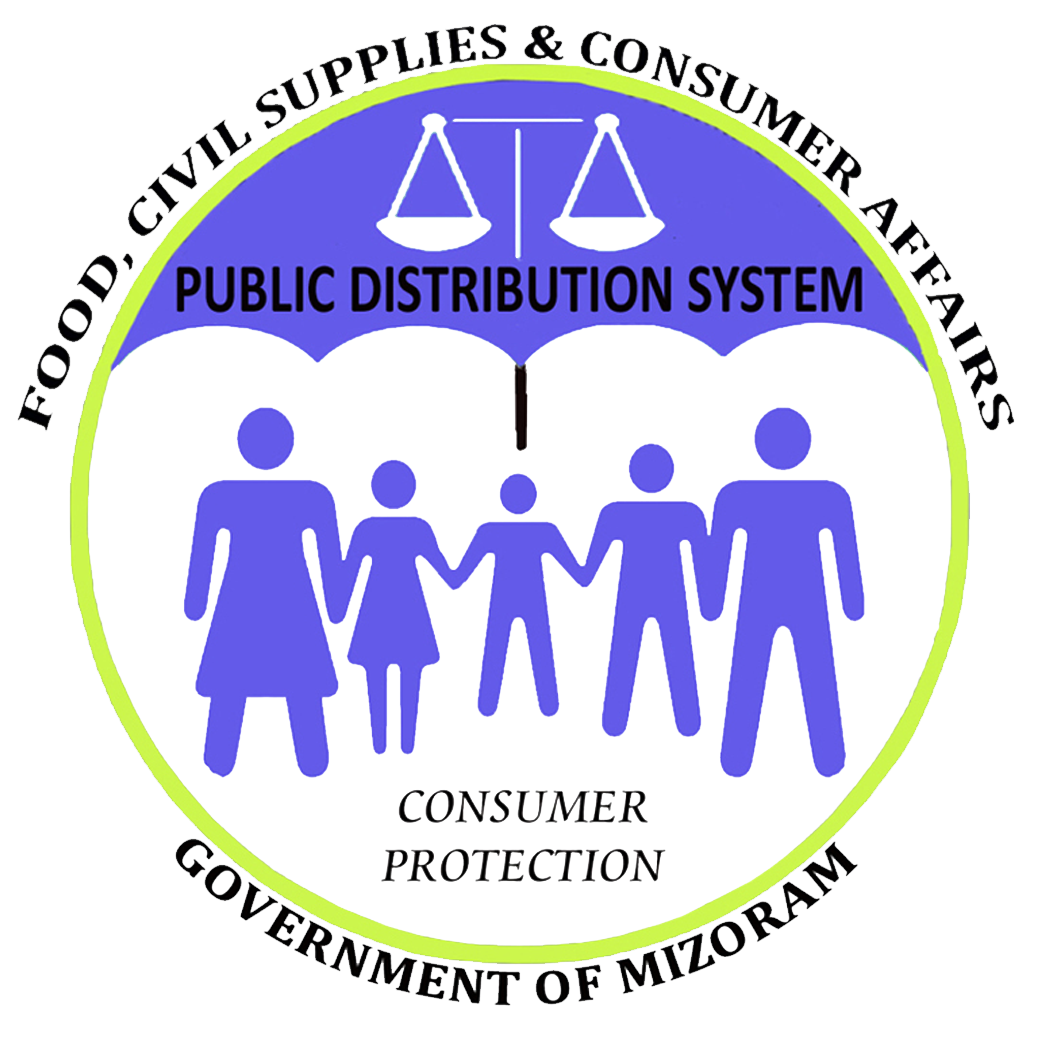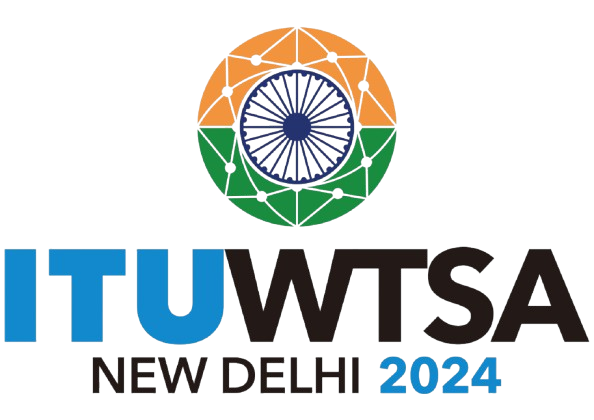Registration
Ration Cards under the TPDS are issued as per entitlements with application fee of Rs. 10. Entries of the head of household along with names of all the members and then age are entered. Application forms are submitted to the concerned DCSOs supported by documentary proof of residence accompanied with a recommendation from the concerned Village Council/Local Council.
To avoid duplicity checks are made and a unique number is allotted to the card which is delivered to the applicant through the concerned Village Council/Local Council. The ration cards thus issued are colour coded Blue for APL, Yellow for BPL and Pink for AAY
Addition/Deletion: Addition/Deletion from a Ration Card
Addition to a Ration Card in case of migration is effected when the applicant applies for deletion to the concerned DCSO under whose authority the original Ration Card was issued. Upon deletion the applicant obtains a “Migration Certificate” enabling the beneficiary to be added or issued a new Ration Card at the new location. The application is applied for to the concerned DCSO of the new location dulu endorsed by thre concerned Village Council/Local Council. In case of application for addition in case of newborns applications have to be accompanied by a Birth Certificate. It is the duty of the citizen to make timely reports with regards to death and permanent migration of PDS beneficiaries enrolled in the ration cards.
BPL/AAY Ration Cards BPL & AAY Ration Cards are not transferable upon migration however at the new place of residence APL Ration Cards are issued in lieu of APL/AAY Ration Cards. The applications are also to be accompanied by a Migration Certificate issued by the concerned DCSO of the original place of residence.
Annapurna Ration Cards: These Cards follow the same procedure for fresh application as in APL Ration Cards. However they can only the FPSs. They are only issued to citizens above 65 years of age who are not covered by the National Social Assistance Program and have no other means of dignified sustenance.


















